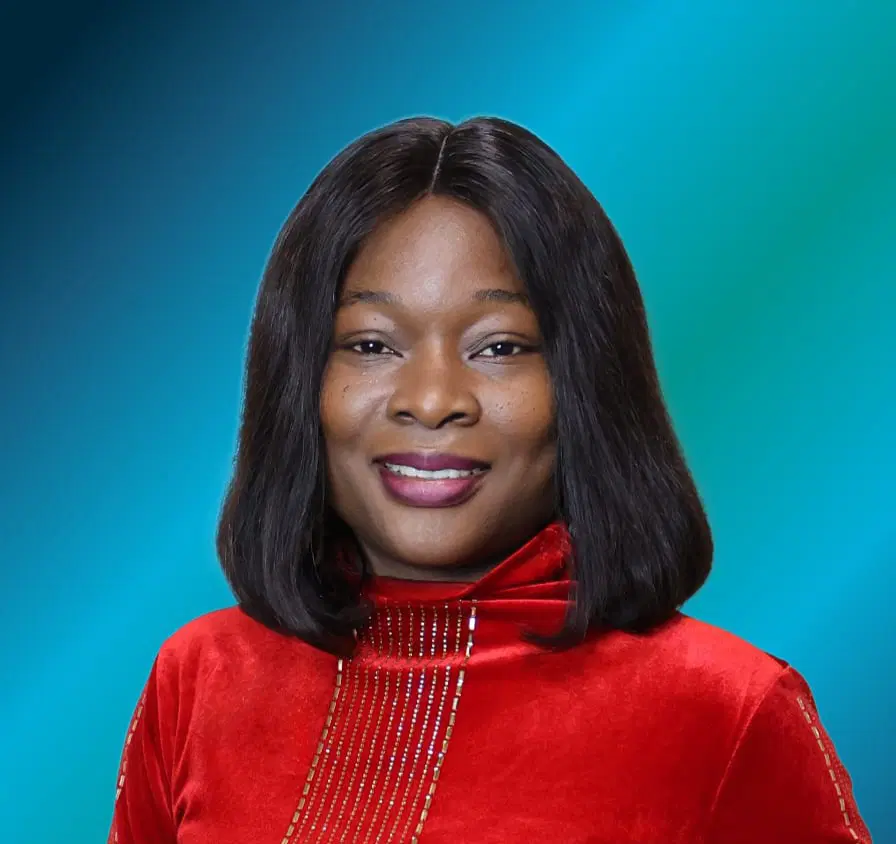
Source: Elizabeth Osayande

Nigeria is facing a reproductive health crisis that remains largely invisible in mainstream discourse, yet its toll is devastating. An estimated 610,000 unsafe abortions occur in Nigeria every year. Of the roughly 20,000 women who die annually from abortion-related complications, nearly half are adolescents. These figures expose systemic failures that force young girls into life-threatening situations simply for seeking autonomy over their bodies.
For many Nigerian adolescents, pregnancy is neither planned nor desired. Without access to accurate sexual health education or modern contraception, they are left vulnerable to unplanned pregnancies. When pregnancy occurs—especially out of wedlock—social stigma, fear of parental rejection, and restrictive legal frameworks often drive girls to seek unsafe abortions from unqualified providers.
The consequences are often grim: sepsis, uterine perforation, hemorrhage, infertility, and tragically, death. According to Dr. Bosede O. Adejugbe, a US-based Nigerian demographer and researcher, “The tragedy is not just that unsafe abortion is happening—it’s that girls are dying silently in communities where even speaking about reproductive health is taboo.” Research Rooted in Social Demography and Health Inequity
Dr. Adejugbe’s work is giving voice to these hidden tragedies. Her 2023 study, Abortion Practices Among Adolescent Girls in North-West Nigeria, sheds light on the household, cultural, and systemic pressures pushing girls toward unsafe procedures. Her most recent study—soon to be published in the African Journal of Reproductive Health—investigates the availability and barriers to post-abortion care in public and private facilities in Osun State. Findings reveal a serious gap in safe and accessible care, with many women forced to turn to traditional healers or unqualified providers due to the lack of trained health professionals and medical supplies.
These deficiencies drastically heighten the risk of maternal mortality, particularly among poor and rural adolescents. “In the absence of accurate data and grounded research,” Dr. Adejugbe says, “we continue to create policies that fail to reflect the lived experiences of the most vulnerable.”
Dr. Adejugbe, who is completing her PhD at Utah State University with a specialization in demography and health inequality, believes it is crucial to move beyond simplistic interpretations of adolescent pregnancy. Her research explores how family structure, partner dynamics, and socio-economic factors influence fertility outcomes among young girls. These patterns, she notes, are not unique to Nigeria but are common across West Africa, where gender norms and limited agency severely constrain adolescent reproductive choices.
To reverse the tide of this crisis, Dr. Adejugbe calls for a bold, evidence-based approach that prioritizes human rights, public health, and compassion over criminalization and silence. Her policy recommendations include:
These interventions must be supported by a broader strategy that empowers girls, ensures confidentiality in care, and integrates reproductive health into primary healthcare systems.
In a country where public conversations on adolescent sexuality are often clouded by moral panic, Dr. Adejugbe represents a new generation of scholars working to reframe adolescent fertility as a public health and social justice issue. “We must stop framing adolescent fertility as a moral failure,” she insists, “and start addressing it as a human rights emergency.”
Her advocacy extends beyond academia—shaping dialogues at international conferences, informing community-based programs, and influencing emerging health policy frameworks. At the heart of her work is a vision: a Nigeria where no girl dies because she lacked access to safe reproductive care.